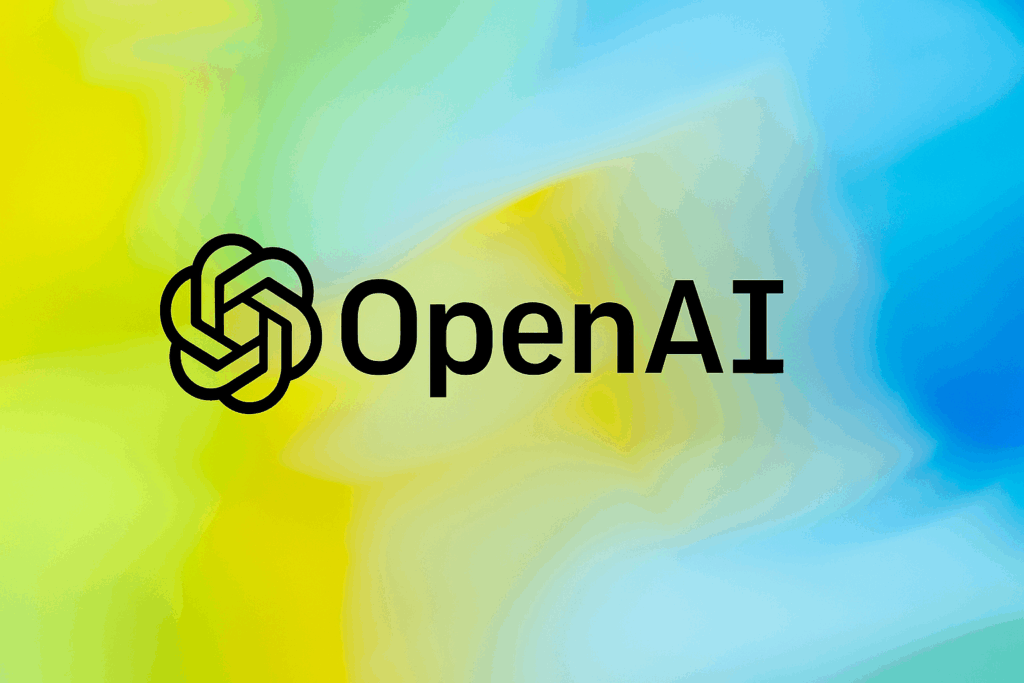In a notable win for OpenAI, a federal court in San Francisco has granted summary judgment in its favor, concluding a heated trademark dispute that the AI titan waged against the same-named but unaffiliated tech company, Open Artificial Intelligence, Inc. and its founder, Guy Ravine. In a recently-issued order, the court not only canceled Ravine’s “Open AI” trademark registration but also permanently blocked him from using the “Open AI” name or any confusingly similar mark.
The Background in Brief: Founded in December 2015, OpenAI quickly became synonymous with cutting-edge AI, propelled into global recognition through products like ChatGPT. Months before OpenAI’s launch, Ravine purchased the ‘open.ai’ domain, and the day after OpenAI’s founding in December 2015, he applied to register ‘Open AI’ with the U.S. Patent and Trademark Office (“USPTO”). His application, however, was relegated to the Supplemental Register after the USPTO found the mark to be descriptive and lacking proof of commercial use. Following the breakout success of OpenAI’s generative AI tools, Ravine introduced similar offerings – including a chatbot and image generator – under the “Open AI” name. OpenAI responded with a trademark-centric lawsuit in 2023.
A Win for OpenAI
In her July 21 order Judge Yvonne Gonzalez Rogers of the U.S. District Court for the Northern District of California zeroed in on two central issues: the legitimacy of Ravine’s trademark rights and OpenAI’s acquisition of secondary meaning …
> Ravine’s trademark rights: The court found that Ravine misled the USPTO by submitting false specimens showing use of his “Open AI” mark, including images of “Hub,” a product that was not publicly available when he filed his trademark application. These actions, coupled with minimal genuine use of the mark, warranted the cancellation of Ravine’s “Open AI” registration for fraudulent procurement and lack of bona fide use.
> Secondary meaning for OpenAI: The court also addressed whether OpenAI had acquired secondary meaning in its name; ownership of a valid trademark is prerequisite to the larger infringement issue. The court held that while “OpenAI” is a descriptive mark, it has acquired secondary meaning, particularly by November 2022, when ChatGPT and DALL·E 2 made the company a household name. The court pointed to metrics – such as millions of daily product users, significant press coverage, and widespread industry adoption – as clear evidence that consumers associate the OpenAI mark with the Sam Altman-founded behemoth.
With this in mind, the court determined that Ravine’s subsequent launch of competing products under “Open AI” was likely to confuse consumers and thus, constitutes trademark infringement.
The court’s order permanently bars Ravine and his affiliates from using “Open AI” or any variant in connection with AI products, services, or promotional channels. The injunction extends to domains and social media accounts – including “open.ai,” which must now display a suspension notice.
THE TAKEAWAY: The decision underscores how brand recognition – especially in an emerging and highly competitive sector like AI – can transform a descriptive term into a protectable asset. It also highlights the risk of assuming that early registration, without actual market presence or secondary meaning, will shield a startup from legal challenges by a dominant player with proven consumer association.
For OpenAI, the ruling solidifies its brand identity and eliminates a source of marketplace confusion. For others in the AI space, it serves as a cautionary tale: a descriptive name alone is not enough – what matters is market traction, consumer recognition, and credible use in commerce.
The case is OPENAI, INC. v. Open Artificial Intelligence, Inc. et al., 3:23-cv-03918 (N.D. Cal.)














